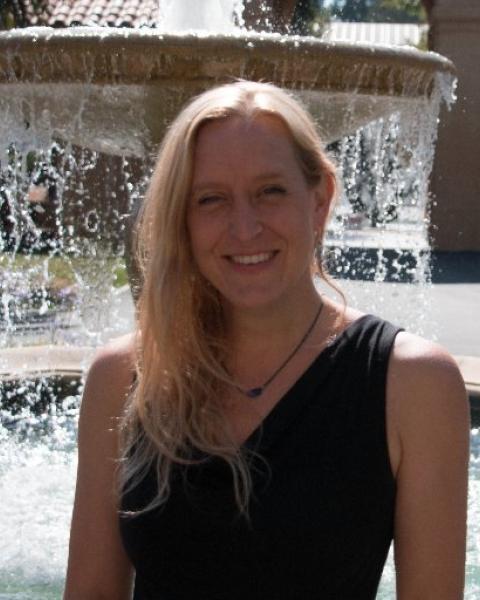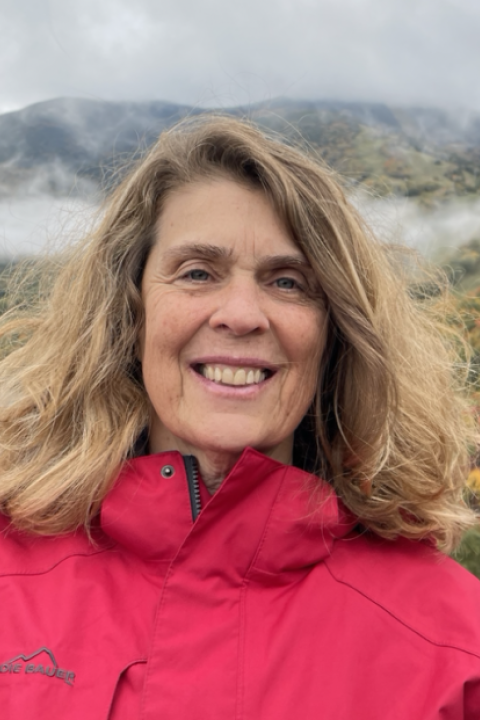Protecting the health of everyone.
Public health promotes and protects the health of everyone in every community where they live, work and play. The overarching goal of public health is to reduce human suffering through improving the health of the public as a whole and achieving equity and justice in health status for all.
Contact
Associate Professor
Email: smgaulocher@plymouth.edu
Phone: (603) 535-3112
Office: AllWell North, Plymouth, NH 03264
Contact
Explore Program Details
More to Explore
Explore Today.
Realize Tomorrow.








